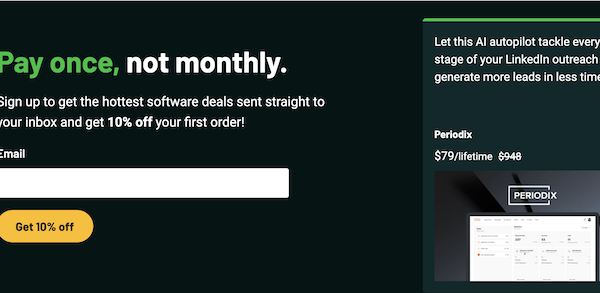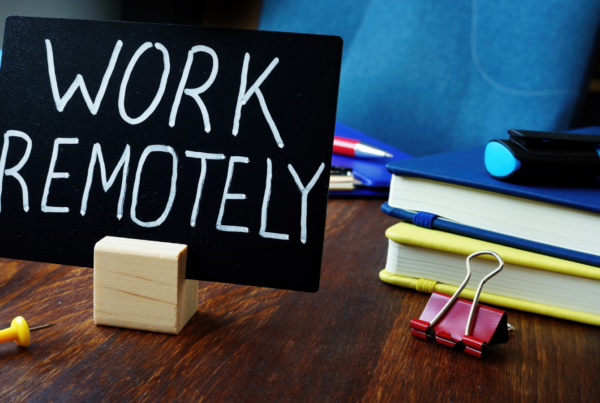Working smarter in law practice can take you from frustration to fulfillment.
Are you currently overwhelmed with endless paperwork, looming deadlines, and intricate legal matters?
This is an all-too-familiar situation for many lawyers, especially those operating solo or in small firms. The question is, can you break free from this cycle?
The answer lies not just in working harder but in working smarter.
Demystifying the Notion of “Working Smarter”
First, Let’s dissect what “working smarter” means, as the term has become a buzzword without much substance. In a nutshell, to work smarter is to achieve more with less stress, less time, and even sometimes less money.
The goal isn’t to shortcut the quality of your work but rather to optimize processes, minimize waste, and increase productivity.
The Five Pillars of Working Smarter in Law Practice
1. Elimination of Non-Essentials
The first step toward smarter work is stripping away the unnecessary elements. Examine your workflow with a critical eye. What can you remove without diminishing the quality of your output? Perhaps a specific step in your due diligence process is redundant and can be safely omitted.
2. Streamlining for Efficiency
Streamlining is all about speed and ease. Minimize delays and remove hurdles by making your processes more efficient. Modern technology provides tools like e-signature software or document automation that can cut down time spent on repetitive tasks.
3. Automation = Working Smarter in Law
While automation promises radical shifts in productivity, it’s not a one-size-fits-all solution. As Bill Gates pointed out, automating an inefficient process merely amplifies the inefficiency. Ensure your systems are streamlined before bringing in automated tools to augment them.
4. Strategic Delegation
Delegation frees up time but requires deliberate planning. You need to identify which tasks only you can perform and which can be entrusted to others. Effective delegation isn’t about offloading work but rather about empowering your team while freeing up your time for high-level tasks.
5. The 80/20 Principle is key to working smarter in a law practice
The 80/20 Principle, or the Pareto Principle, states that 80% of your results come from 20% of your efforts.
In law practice, this might mean that a small fraction of your client base contributes to a large portion of your revenue or that certain types of work are more profitable than others (ask attorney Patrick Slaughter).
Identifying and focusing on these critical areas can drastically improve efficiency and overall success.
The Role of Focus and Simplicity
The ability to concentrate—zooming in for details and zooming out for the big picture—is an often underappreciated skill that can help you work smarter. Starting the day with a calm mindset can significantly aid your focus, steering you away from the vicious cycle of stress and inefficiency.
Simplicity and clarity are your allies in this endeavor. The more complex your processes, the more room there is for error and inefficiency. Just so you know, making tasks and instructions as clear as possible will only help make your practice more effective and productive.
Working Smarter is an achievable goal
Working smarter isn’t an abstract, unreachable goal; it’s an actionable strategy. By incorporating the principles of elimination, streamlining, informed automation, thoughtful delegation, and the 80/20 rule, you position yourself for greater productivity and less stress.
Watch this YouTube video for a quick overview of working smarter in a law practice.
General Resources
- Check out my Inner Circle (to participate in ongoing discussions about tech tools I discuss and recommend)
- Check out this Law-Tech Assessment if you want specific recommendations for improving based on the technology you’re using in your practice
- Click for a list of the Best Tech Tools for Lawyers
- Subscribe to: The 80/20 Principle newsletter (it’s free)
Use technology to radically improve your law practice by focusing on the few core elements that have the biggest impact.






